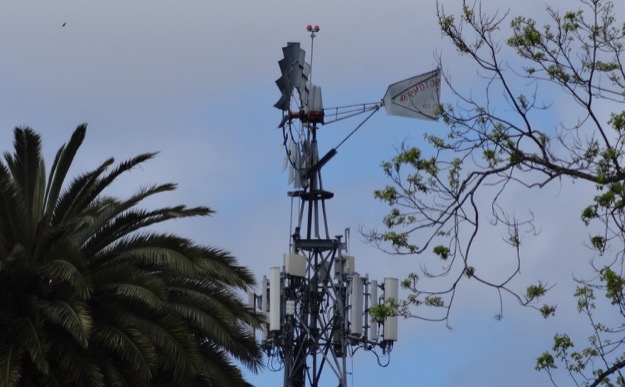It’s not just about 911. Twitter is emergency communication too, CPUC decides

In emergencies, broadband service is as important for connecting people to lifesaving information as telephone service is for reaching 911 centers. That’s effectively what the California Public Utilities Commission decided yesterday when it unanimously approved disaster preparedness requirements for wireless companies.
Those new rules require wireless companies to make sure their networks stay up for at least 72 hours after electric service goes down. The capabilities they have to maintain for their customers include “the ability to receive emergency alerts and notification”, which isn’t limited to reverse 911 calls, and “basic internet browsing during a disaster or commercial power outage”.… More

![By USFS Region 5 (Thomas Fire) [CC BY 2.0 (https://creativecommons.org/licenses/by/2.0) or Public domain], via Wikimedia Commons](https://www.tellusventure.com/images/2018/7/thomas_fire_2018_utility_lines.jpg)
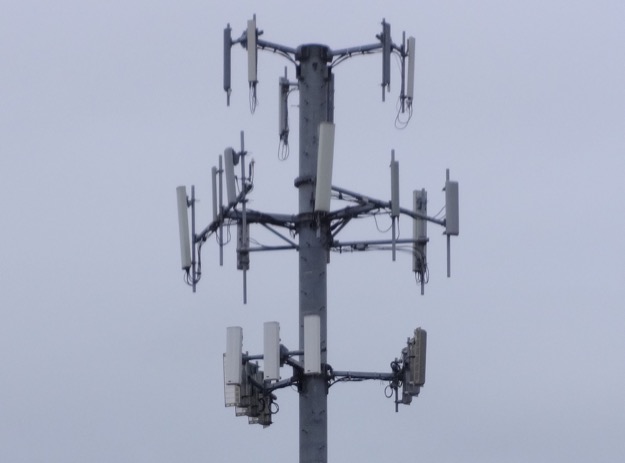
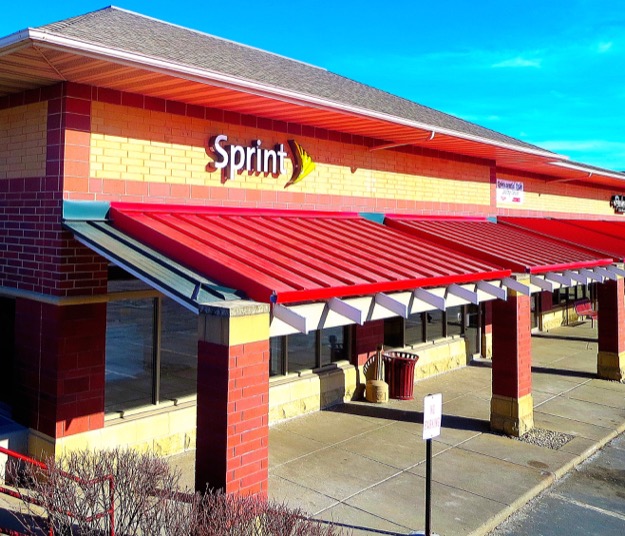
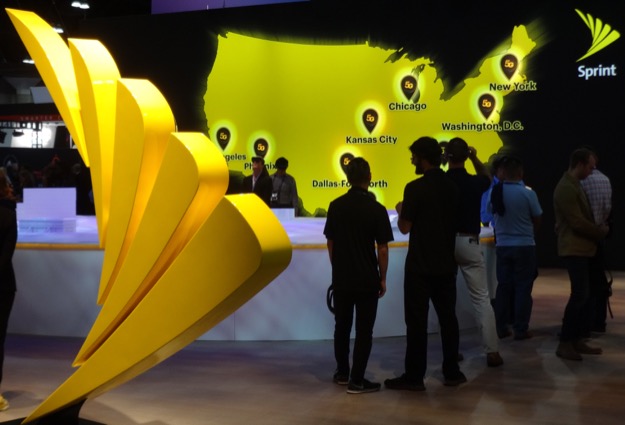
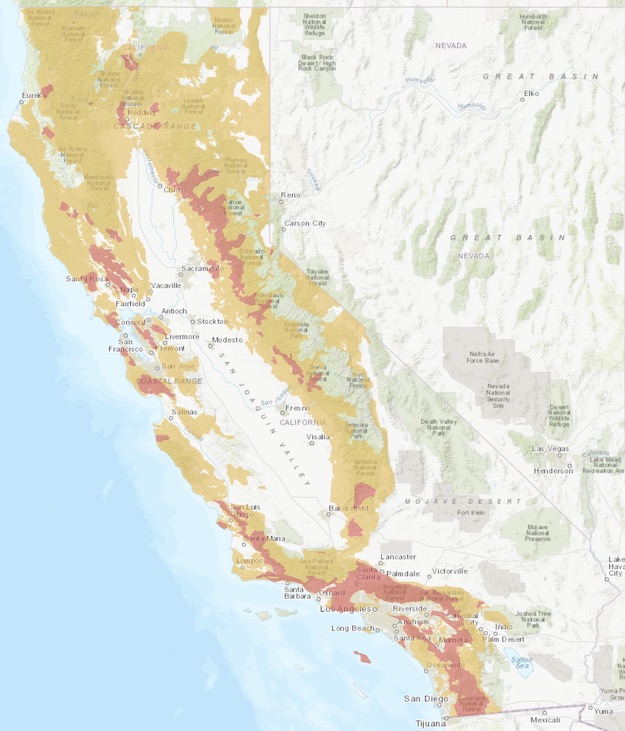
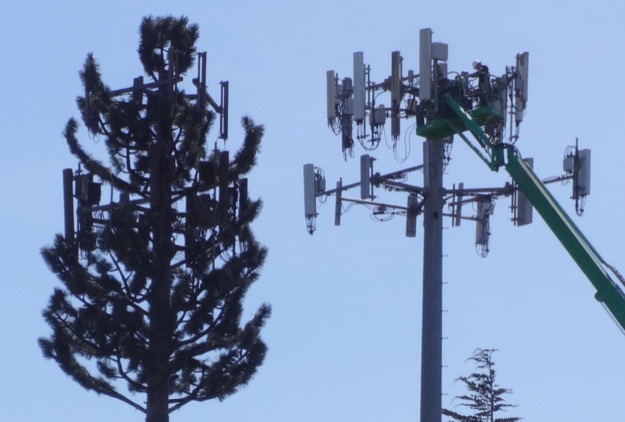
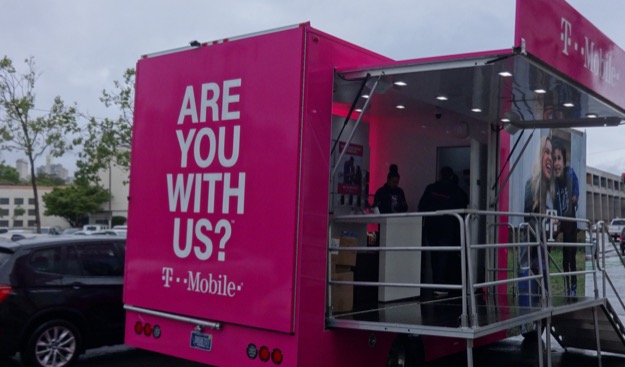
![Christopher DOMBRES [CC BY-SA 4.0 (https://creativecommons.org/licenses/by-sa/4.0)], from Wikimedia Commons Att customer evolution](https://www.tellusventure.com/images/2018/12/att_customer_evolution.png)
